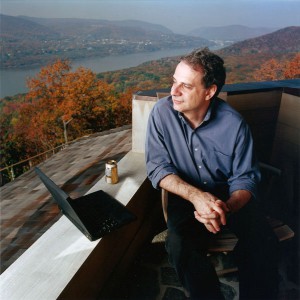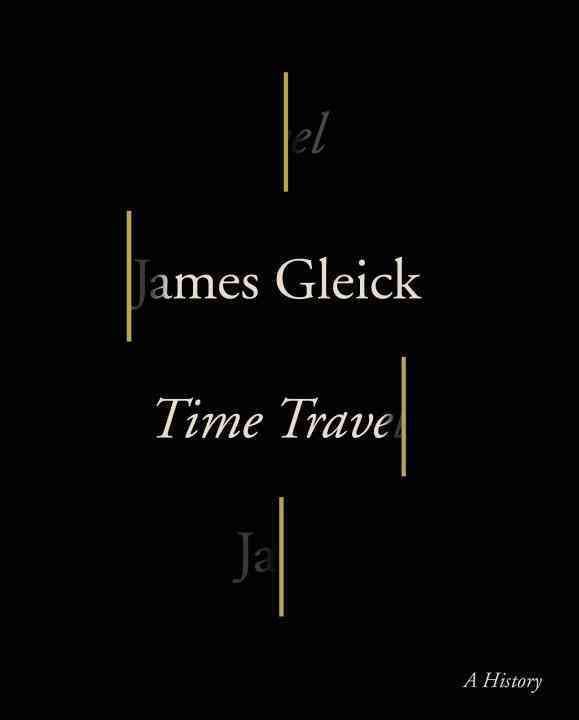It is our great pleasure to welcome to Nantucket Book Festival ranks the eminent writer and historian of science, James Gleick, generally considered to be the finest science writer of our time.
James Gleick graduated from Harvard College in 1976 with a degree in English and linguistics. He moved to Minneapolis for a short time, during which he helped found an alternative weekly newspaper, Metropolis. Following its demise, he moved to New York, and in 1979 he joined the staff of the New York Times, where he worked for a decade, first on the metropolitan desk and then as a science reporter.


His first book, Chaos: Making a New Science, which appeared in 1987, introduced readers to the new science of chaos and complexity and the pioneering work of MIT's Edward Lorenz. Some of the book's topics, such as fractal geometry and the Butterfly Effect, became widely popular and culturally influential internationally. Books that Gleick wrote in the following years include Nature's Chaos; Faster: The Acceleration of Just About Everything, and What Just Happened: A Chronicle From the Electronic Frontier. In these works, as in Chaos, he exhibited a great gift for examining and explaining difficult concepts. A growing readership came to rely on his ability to guide them to new understandings in the realm of science.
Another outstanding talent of James Gleick's had been on display since he'd done wonderful profiles of scientists such as Stephen Jay Gould and Douglas Hofstadter for the New York Times Magazine back in the '80s. 1992's Genius: The Life and Science of Richard Feynman showed that he could wield his writerly gifts in bracing, full-length biography. And in 2003, John Banville, reviewing for The Guardian, wrote that Gleick's Isaac Newton was "a masterpiece of brevity and concentration," which would "surely stand as the definitive study for a long time to come."
In 2011, James Gleick's book, The Information: A History, A Theory, A Flood appeared, a study of the origins and development of our current information age, including a cogent history of information theory and a survey of the challenges presented by the tremendous increase in the sheer volume of information. Last year, Time Travel: A History was published, a thoughtful and greatly entertaining book into which Gleick has poured the reactions of his fertile mind to the observations in literature, philosophy, film and physics about this ever-intriguing subject.
There's plenty of time to prepare yourself for Mr. Gleick's presentation at the Festival; come armed with your own questions, and see if they don't get answered.
- Dick Burns